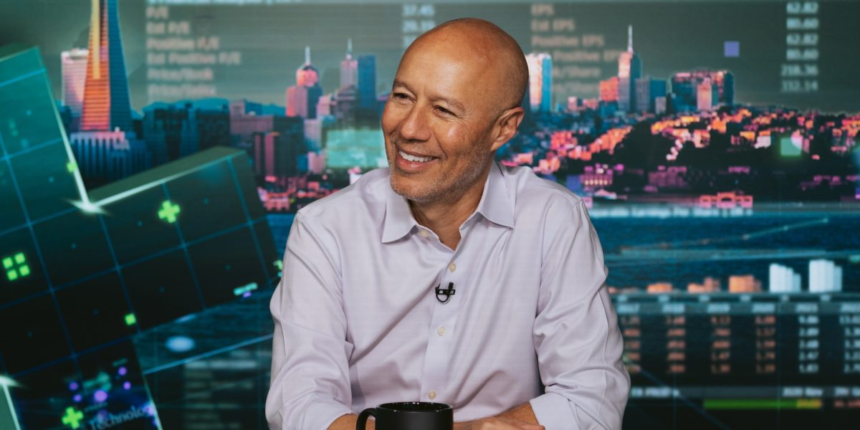Risher had been serving on the board since 2021—but as it turns out, Aggarwal wasn’t trying to convince him to lead the business’ financial reports. Lyft’s two cofounders, John Zimmerman and Logan Green, were looking to step back from the company after more than a decade of putting in their blood, sweat, and tears. The business needed a new leader, and Aggarwal informed Risher he and the cofounders thought he was the “right guy.”
“I said, ‘No, that’s ridiculous. I don’t even know what you’re suggesting,’” Risher recalled. “‘You need to hang up the phone immediately, and you can get back to work, do something which has a higher likelihood of success.’”
It’s an unorthodox reaction to being offered the CEO gig at a $9.4 billion ride-sharing company—but Risher had priorities of his own. The executive was still leading the global ed-tech nonprofit he cofounded back in 2009, Worldreader, and was laser-focused on the mission at hand. Risher hadn’t considered himself for Lyft’s CEO role, even taking a backseat while the board committee looked for candidates, only “observing from afar.” But after turning down the initial offer and spending some time to mull over the idea, he had a change of heart.
After writing off the idea of becoming CEO of Lyft as absurd, he decided to do some soul searching. Aggarwal encouraged him to think about it—and later that day, Risher’s wife convinced him to give it a shot.
“I literally took a walk around for about an hour, and I thought, and I kept hearing myself say, ‘Hmm, interesting,’” Risher continued. “As I mentioned, it was Valentine’s Day, so this became the topic of conversation between my wife and me that evening. And she said, ‘David, I think you should give it a try or go for it.’”
A few days later, Zimmerman and Green met with Risher to sell him on the opportunity. But instead of simply handing him the keys to the corner office, the Lyft cofounders just put him in the running for the CEO job.
“They did something, which I don’t think they were being clever; I think they were just being honest. They said, ‘Just to be clear, we’re not offering you the job; we’re offering you the chance to apply for the job.’” Risher said. “And I’m like, ‘Hold on. Now I’m getting competitive.’”
But securing the top job was no cake walk: It took about six weeks, and Risher put together his 100-day plan. He spoke with every single board member, some of which thought his CEO strategy was “interesting,” while others said it was “crazy” and “didn’t make any sense.” Part of it entailed a mass layoff and completely restructuring the team, which resulted in the canning of about 1,100 Lyft employees when he stepped up as chief executive.
Risher isn’t the only business leader who has made the jaw-dropping choice to turn down a CEO offer.









